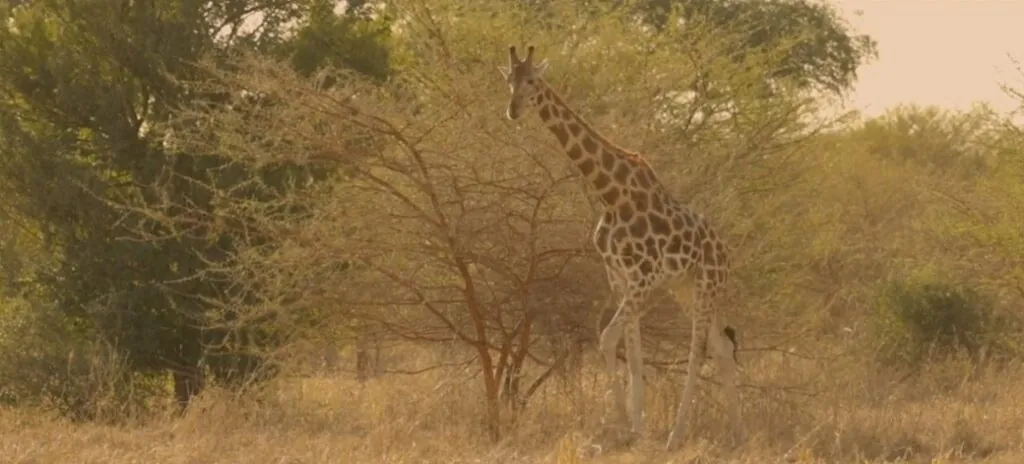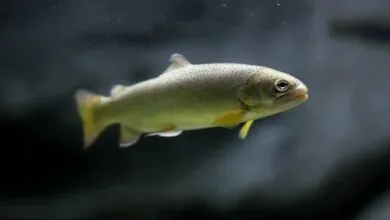Kordofan Giraffe Hope Flickers: 3-Year Study Offers Lifeline

A three-year study conducted by researchers from the University of Bristol and Bristol Zoological Society has unfolded critical insights into the population of Critically Endangered Kordofan giraffe within Cameroon’s Bénoué National Park. The study offers pivotal data that bolsters ongoing conservation efforts aimed at rescuing this imperiled subspecies from the brink of extinction.
Alarming Population Numbers
The study – published in the African Journal of Ecology – delivers the first steadfast Kordofan giraffe population in the region. The stark finding of potentially solely 27 individuals remaining within the park underscores the critical urgency of ongoing efforts by the Bristol Zoological Society and other partners.
Shadow of Illegal Hunting
Within Bénoué National Park, illegal hunting casts a drastic shadow over the kordofan giraffe population. Another study – conducted by the same research team – unveiled the precarious vulnerability of the park’s giraffes – poaching as few as two individuals annually could spell extinction within 15 years.
Realizing this dire threat, the Bristol Zoological Society – active in Cameroon’s giraffe conservation since 2017 – spotlights the urgency of their efforts. This critical subspecies, encountering an 85% downturn since the 1980s, now dwindles to an approximated 2,000 individuals remaining in the wild.
Student-Led Conservation
The study’s lead – Connor Parks – conducted this vital research as part of his Master’s in Global Wildlife Health and Conservation at Bristol Vet School. Parks joins over 400 students who benefit on a yearly basis from the six prestigious degrees provided by the Bristol Zoological Society in partnership with UWE, the University of Bristol and SGS College.
Connor Parks unpacked:
“Our study has shown a significant population of Kordofan giraffe still occur within the park, with many more living in the surrounding landscape. It also emphasises that continued conservation efforts are vital if we are to further support the subspecies in Cameroon. This should include strengthening existing anti-poaching regulations and protecting wildlife movement corridors.”

